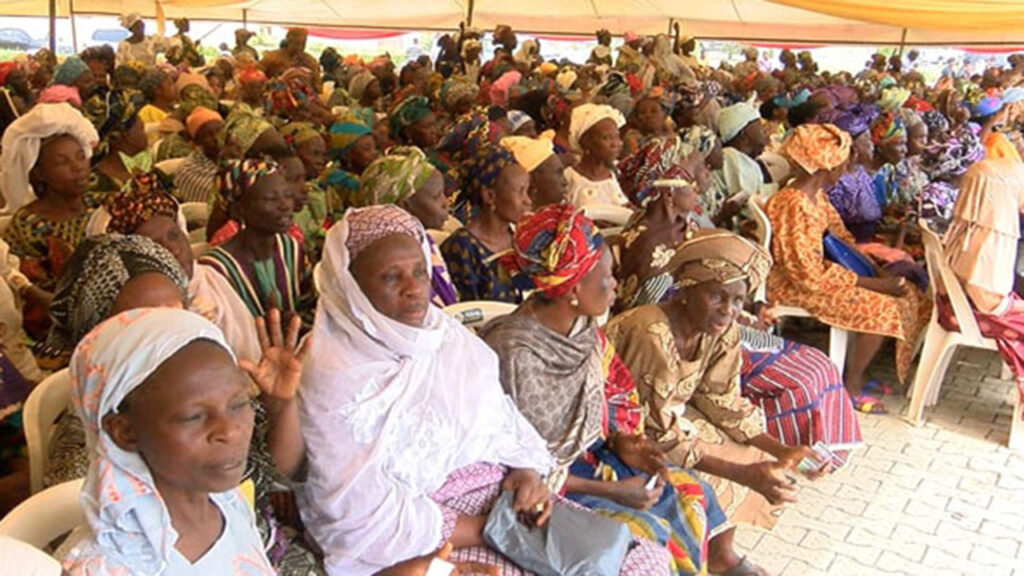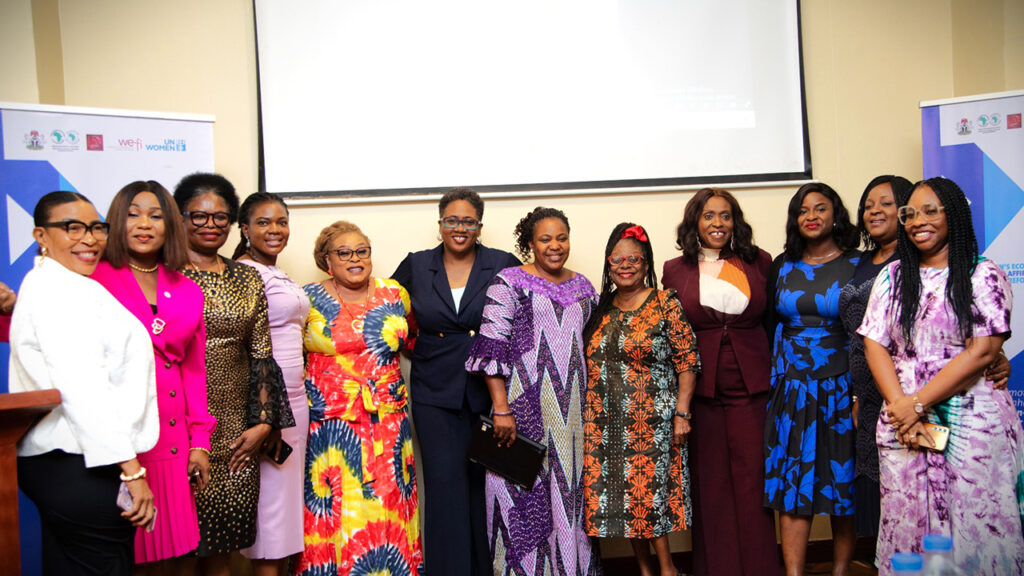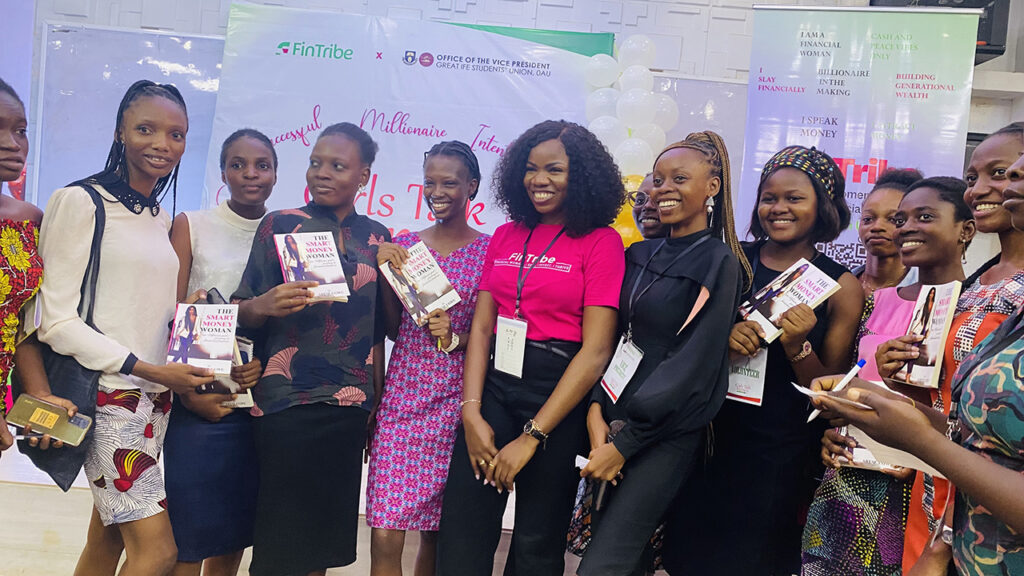As Nigeria joins the rest of the world to commemorate International Widow’s Day, concerns over challenges faced by widows heighten. Promoting gender equality especially as many widows suffer neglect and economic hardship following the deaths of their spouses is often worsened by cultural practices.
Marked every June 23, the United Nations’ theme for 2024 is “Accelerating the Achievement of Gender Equality”. In Nigeria, the Sustainable Development Goals, (SDGs), five addressed this concern as there is need to strengthen the land and property rights of women.
Reports reveal that 15 million of the world’s 258 million widows are in Nigeria many of whom face economic challenges and cultural biases. Land is an essential factor for economic growth, food security, and social development.
In Nigeria, however, women face significant challenges in their ability to own and control land. While gender inequality is not unique to Nigeria, it is particularly severe in many African countries including Nigeria’s patriarchal society. This patriarchy hinders economic progress as it exposes women to violence, contributes to poverty and food insecurity as women make up 66 percent.
In her contribution, the International Association of Women Judges, (IAWJ), Rising Leader, Justice Mujibat I. Oshodi, noted that the inheritance laws in Nigeria is often fraught with gender bias. In the publication titled ‘The Inheritance Rights of Women In Nigeria’, Justice Oshodi pointed that “Regarding statutory rights of inheritance relating to women, the laws are subject to the religious, customary, or indigenous beliefs or affiliations of the deceased successor. Nevertheless, the Constitution, Wills Act, and Wills Laws elucidate relevant provisions on the operations of inheritance in Nigeria.
“The 1999 Constitution of the Federal Republic of Nigeria addresses issues of discrimination based on gender, making practices that disfavour women’s inheritance unconstitutional. The Wills Act and subsequent Wills Laws uphold testamentary freedom, opposing gender-based discrimination in inheritance. Administration of Estate Laws in various states supports non-discriminatory inheritance, encouraging equal shares to the estates regardless of gender”.
The lack of access to land and property for women is a critical concern in Nigeria, and it is important to address this issue for gender equality to be achieved. Land rights are often determined by cultural practices that impose a patriarchal bias in Nigeria, custom of patrilineal inheritance which means that women are excluded from owning land in some regions of the country.
In many cases, land ownership is structured around matrilineal customs, but even in these cases, women often face barriers to full ownership and control of land. In both instances, women are often unaware of their rights and the legal mechanisms available to them; this contributes to women’s limited ability to assert their land rights.
Worthy of note is that women often do not have the financial resources to purchase land or obtain a formal title and this makes it challenging for women to negotiate agreements and limit their ability to take out loans or access credit and land ownership is strong collateral.
Women also face difficulties regarding land tenure arrangements, which can be insecure and vulnerable to dispossession. Land conflicts are also rampant in Nigeria and women often bear the brunt of the fallout.
For National President Human Rights Writers Association, (HURIWA) Emmanuel Onwubiko, “It is a primitive practice for parent or a particular society to deny the female members of the family their right to ownership of their father’s properties.”
Other ingredients essential to accessing property rights by women in Nigeria are legislative and policy frameworks promote women’s access to land and property, awareness creation, enforcement of constitutional provisions, strengthening women’s economic resources and access to technology and innovation.
On the overall, strengthening the land and property rights of women is essential in accelerating the achievement of gender equality in Nigeria. Breaking down barriers that limit access to land and property for women will have positive implications for the country’s economic and social development.
Government at all levels and stakeholders should understand that land and property rights are critical for women’s economic empowerment, poverty reduction, and the elimination of gender-based discrimination in Nigeria.













